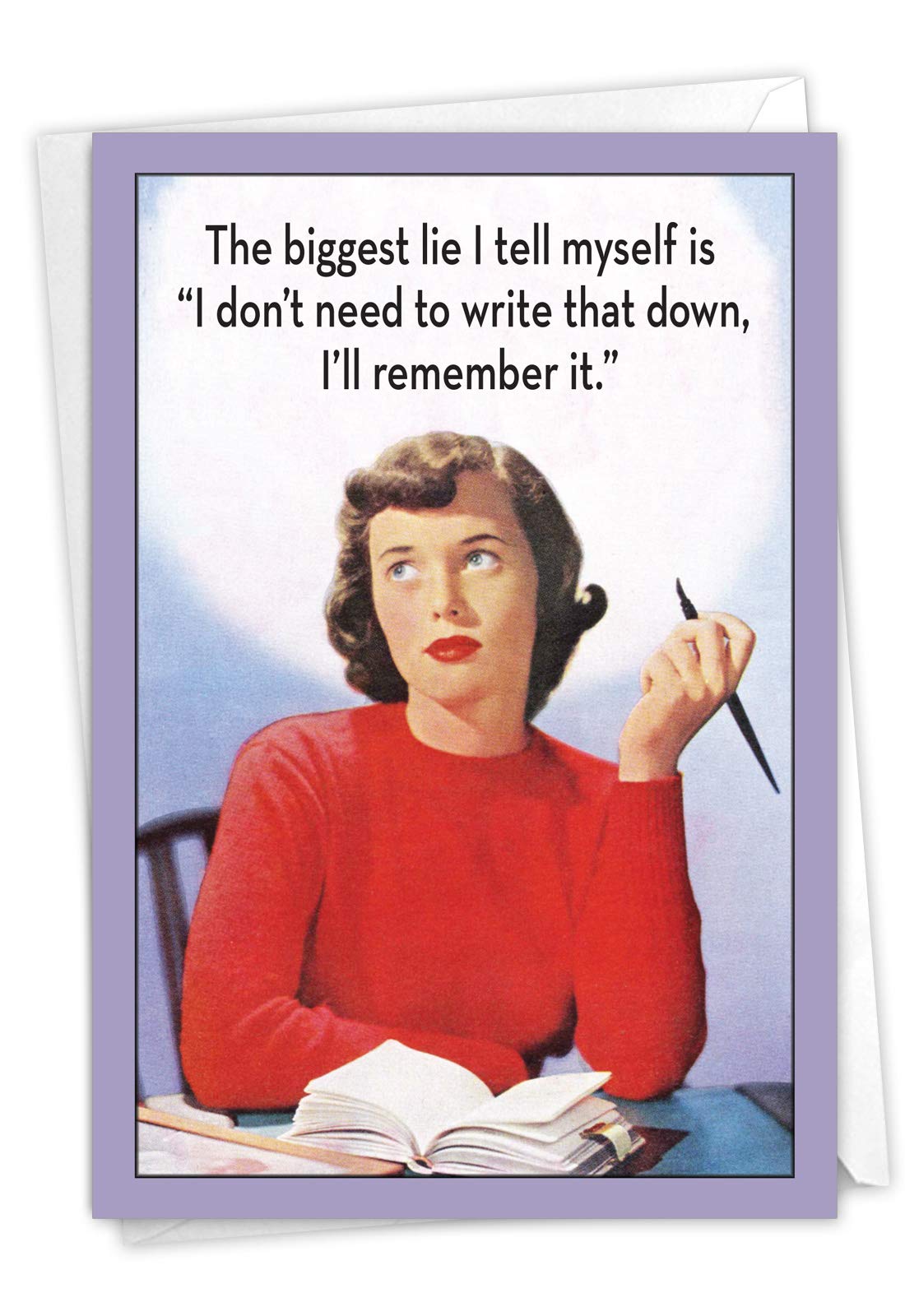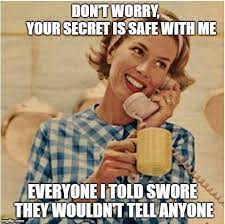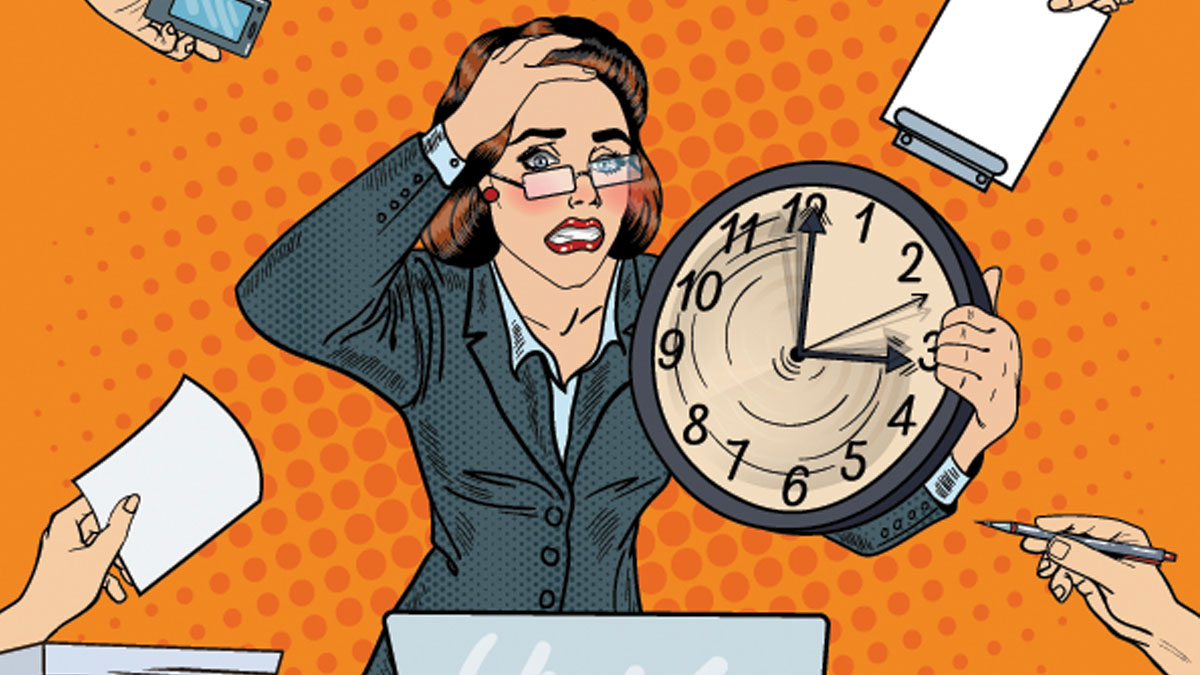I want to talk about the stories we tell ourselves about each other. This is, without a doubt, one of the most educational emails I’ll send about burning out and why you are stuck there.
Warning: You may not like it because these stories are supporting you right now.
I spend a lot of time, when coaching people through burnout recovery, listening to the stories we tell ourselves. (We’ll get to my stories in a little bit because I’ve woven a few whoppers myself.)
These are stories that you consciously or unconsciously make a part of your communication process that determine and charge the emotional experience you have in any given situation.
Ready to recover from burnout? Join my email list for more, effective burnout recovery information.
What Can These Stories Sound Like?
Chad from accounting? He’s so condescending. He always talks down to you. (Reality: Chad sees a lot of potential in you. While his tone may not be right, his genuine intention is to help.)
Lizzie the marketing consultant who is supposed to be changing the marketing game in your business? She has missed two deadlines, so now you’re scared she is incompetent and untrustworthy. (Reality: Lizzie missed those deadlines because you forgot to send Lizzie the marketing assets she needed to do her work.)
And, Jennifer, that burnout recovery coach? She comes across as such a know it all, but she doesn’t seem to understand why I can’t work fewer hours/look for a new job/my boss is a jerk/etc.. (Reality: You know you do need to find a new job so you can leave your toxic work environment, but it’s too hard.)
We tell ourselves stories to help us avoid dealing with our real emotions and admitting the role we play in a bad outcome, in creating a difficult situation, in damaging a relationship, or covering up our shortcomings.
Wait. How Does This Happen?
The point at which you tell yourself a story in the process of communication comes between hearing and/or seeing what someone else has done, and before you feel some emotion about it. Story creation happens in milliseconds, often without us consciously knowing it happened. And, we get so caught up in the moment, we begin to believe our stories as facts.
In burnout, we don’t take the time to question the stories we tell ourselves. In fact, we tell them to ourselves over and over again until we solidly believe them.
“Nobody wants to help me.”
“My manager makes me take on all of this extra work and refuses to hire someone.”
“I can’t take time off. There’s just too much to do and too many people counting on me.”
“I’m tired of the dirty looks from employees when I ask for their help.”
The words I italicized are my clue that this is a story, not the facts. (There are many other words.) Even more telling, when I press for details, I usually get a few excuses and not many facts that support their tale.
An even bigger clue: there is a lot of complaining that goes along with the story as a sort of “support” and very little action to solve the problem.
Why Is This Such A Big Deal?
While storytelling can seem like a type of coping mechanism, it actually leads many to burnout or keeps many in burnout’s tight grip. These stories color the way you look at your situation, the way you do or don’t act on it, and how you see others around you. We are so good at filtering out the facts that contradict our story and we only see what allows us to continue to believe it.
In the book Crucial Conversations, the authors call these “clever stories.” They are clever because they allow us to feel good about behaving badly and not taking necessary action. Even better, these clever stories allow us to feel good about behaving badly while achieving terrible results.
When we need to disconnect ourselves from our bad results, or justify our ineffective behavior, we tell ourselves stories in three predictable ways:
- Victim Stories – “It’s not my fault.”
- Villain Stories – “It’s all your fault.”
- Helpless Stories – “There’s nothing else I can do.”
How many times have you told these three types of stories? Many people tell me, “Not very often,” then go on to explain why their current predicament isn’t their fault, it’s all someone else’s fault, or they are stuck and can’t do anything about it.
Reminder: The topic of this email may feel like a personal attack and that I don’t have empathy for storytelling. I do. I did it and still do it to some degree, too. When I say “we,” I include myself!
Let’s walk through each type.
Victim Stories
Victim Stories make us out to be the innocent victim.
The world is out to get us, people just want to see us fail, no one understands our plight.
It’s not our fault if people can’t appreciate our brilliance, how good we are, and that we are usually right.
Victim Stories are one-sided and clear-cut. We intentionally ignore the role we played in the problem. And, when we tell our victim story, we make sure to avoid telling people the role we played or what we neglected to do… that may have contributed to the problem.
How about an example?
Last week a client let you know they will no longer be using your services. It hurt your feelings and you complained about it to anyone who would listen.
What you didn’t tell people is that the quality of the work you were delivering wasn’t up to par – and you knew it. Instead of working to improve or fix the situation, you just kept delivering sub-par work because you felt you were too busy and you didn’t think this client knew what they were talking about.
You left those details out because this client hurt your feelings by “insulting” your work. You support your version of the story with noble motives: “The quality of my work wasn’t great because they demanded I did exactly as they wanted – which I knew wouldn’t look good. They got what they asked for.”
You aren’t a victim. You’re an actor.
Villain Stories
Cue the dark music now…
Villain Stories turn a good human being into a villain. Our tale assigns them a bad motive, and then we tell everyone how evil they are as if we are doing them a favor by warning them. These stories exaggerate our innocence and help us blame others for bad results. They also set us up to do whatever we want to the “villains.” Even further dehumanize them with a label instead of using their name.
We tell Villain Stories because they allow us to be angry and dismiss people who hurt us all at once.
An example?
You have been working late a lot lately because you’ve been having trouble focusing and getting your work done. You told your spouse/partner that you would take them to dinner tonight to spend some needed time with them.
Well, you cancelled dinner at the last minute and your spouse/partner is upset that you didn’t keep your date. Again. He doesn’t understand that you are stressed out and need to meet your deadlines and he has become “stubborn, demanding, and inflexible” lately. He just doesn’t appreciate all you do and the future you want to build with him.
“He’s being such a jerk about everything.”
When we make mistakes, we tell a Victim Story. When others do things that hurt or inconvenience us, we tell a Villain Story.
Helpless Stories
I tend to hear Helpless Stories more when my client (or a commenter on social media) knows they need to take action and do something about their burnout. And, they are by far, the most frustrating to coach people through because taking action and making changes is scary and requires effort. It’s not something someone else can do for you.
Helpless Stories are told to make us seem powerless to do anything healthy or helpful. We have convinced ourselves that there are no good alternatives for dealing with our problems. Any suggestion made to us in an attempt to help is dismissed. This justifies the action (or inaction) we are about to take.
We believe our Helpless Stories explain why we can’t change or change our situation.
Ready for an example?
You are watching videos on social media about how to manage your stress. They’re all stupid because the creators are living on another planet where someone would have time to exercise/reduce the amount of comparing yourself to others/quit your job and find another because it’s slowly killing you/or have a candid conversation with the person that is causing your stress.
You aren’t helpless. It’s time to hold yourself accountable for your choices.
Where Did Your Examples Come From?
These were just a few of the stories I told myself while burned out. They justified the anger, resentment, and pain I felt nearly all of the time.
I was a victim and helpless. You and the rest of the world were villains.
I was making a lot of mistakes, I refused to take ownership of problems I created or my behavior, and I had become pretty good at lying, My stories supported this.
In a burned out state, it’s common that we don’t want to admit our mistakes or the role we played in a bad outcome. We spend our time obsessing about other people’s faults, our innocence, and our powerlessness to fix anything.
Another layer that I added to this was feeling guilty about the lies I was telling myself because I knew I was wrong.
Why Your Stories Keep You Stuck
Your stories keep you stuck because they don’t give you what you really want or the outcome that you desire. You have decided that it’s impossible to get what you really want, so you tell these stories to yourself to make you feel better.
But do they?
What’s hard to realize when you are burned out is that they aren’t helping, they are making things worse. They are creating more stress and digging a deeper burnout tunnel. That’s why I am explaining this – because you can’t see or hear the lying you are telling yourself.
Stories are more than a negative mindset – they become a belief system. And belief systems guide our decision-making, tell us how to behave or act, and how to think.
While you may not be ready or able to own up to any of this publicly yet, you can start taking steps privately to build an awareness.
Here are four questions the authors of Crucial Conversations encourage us to ask when trying to learn how to tell the whole story, complete with the facts:
- What am I pretending not to notice about my role in the problem?
- Why would a reasonable, rational, and decent person do what this person is doing?
- What do I really want? For me? For others? For the relationship?
- What should I do right now to move forward with what I really want?
Asking yourself these questions about your stories can open your eyes to reality and the role you are playing to keep yourself stuck. These stories hold you hostage to a life that is stressing you out, ruining relationships, and damaging your reputation.
Sometimes it is the simplest solution that doesn’t seem possible or like it would ever work. But, the simplest solution does work here. That simple solution being that you need to start telling a different, accurate, and complete story.
Ready to recover from burnout? Subscribe to my email list for effective tips and accurate information.






